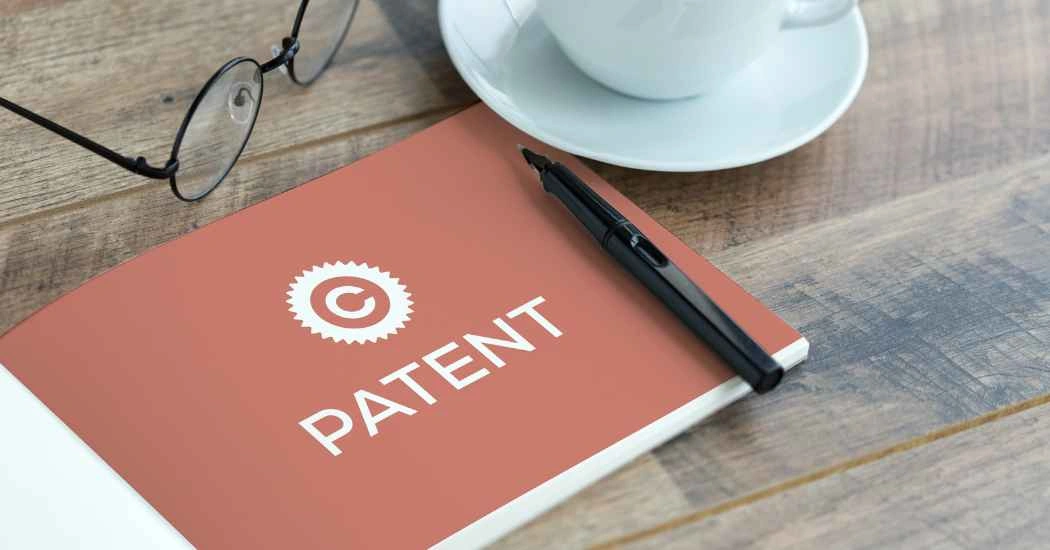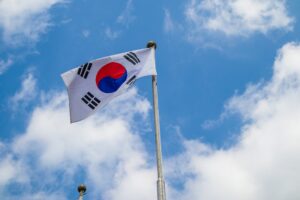A patent dispute is expected in the pharmaceutical business because companies use it to protect their ideas and stay ahead of the competition. This safety promotes the ongoing development of sophisticated drugs such as Tradjenta.
In the pharmaceutical business, patents provide corporations exclusive rights to produce, market, and profit from their goods. So, medical businesses must focus on patent protection and dispute resolution.
If you want to explore more, we advise checking our articles on our insights page at Am Badar & Am Badar.
The Role of Patents in the Pharmaceuticals Sector
As already said, copyrights are very important in the pharmacy business. These exclusive rights give creators and companies the legal power to prevent anyone from making, using, or selling their patented drugs without their permission for a certain period of time.
This exclusivity is crucial because it allows pharmaceutical corporations to spend extensively in research and development (R&D) while ensuring they maintain market dominance and perhaps return their large investment.
Patents protect pharmaceutical businesses’ intellectual property from rivals who may develop identical medications. If a person or party imitates a patented product, they will face legal consequences such as a patent dispute or infringement.
One illustration of why patents are crucial is the case of Tradjenta (linagliptin), a well-known diabetic medication. In this example, Boehringer Ingelheim has filed many patents for its manufacture, formulation, and application to maintain market dominance.
Analyzing Tradjenta and Its Market Position
Tradjenta, manufactured by Boehringer Ingelheim, inhibits DPP-4. Its generic name is linagliptin, an oral medicine used to treat type 2 diabetes, which controls blood sugar levels without inducing weight gain. Let’s assess the market position:
Overview of Tradjenta
Since its introduction in 2011, Tradjenta has been a major player in the diabetes treatment industry owing to its efficacy and lower risk of adverse effects than other drugs.
Tradjenta has a substantial presence in diabetes care and has been approved by many regulatory authorities, including the FDA and agencies in Europe, Asia, and Australia.
It’s well-known because it helps control blood sugar levels without making people gain weight, leading generic drug companies to try to make cheap versions once its primary patents run out.
Boehringer Ingelheim is trying to keep Tradjenta off the market by obtaining many rights that prevent generic drug versions from being developed.
This strategy, called “patent ticketing”, involves submitting many patents for the drug’s main chemical, linagliptin, and how it is made for different versions and combination products like Tradjenta Duo.
This approach helps Boehringer stay ahead in the market, but it’s also getting them into legal trouble as other companies try to copy their ideas.
The Patent Dispute Landscape
Concerns about Tradjenta’s patent show businesses’ difficulties when making cheaper versions of widespread drugs. Here’s more detail about the case:
Background of the Dispute and Key Players Involved
South Korean drug companies like Korean United Pharmaceuticals and Korea Biochem Pharm have sued Boehringer Ingelheim over its Tradjenta and Tradjenta Duo patents. They want to get some of the patents thrown out or their scopes confirmed so that they can’t be violated.
Some of these attempts have had significant impacts, like when companies successfully contested patents that covered Tradjenta’s cooking recipes and techniques.
This law problem isn’t limited to South Korea, though. Many drug companies from Asia and other places are monitoring the situation closely.
As previously stated, Boehringer Ingelheim has been vigilant in defending its rights, alerting generic businesses about prospective legal measures such as patent disputes if they continue with the release of their versions.
With their patents slated to expire in different phases, the issue revolves around whether these protections should stay in place, particularly because some patents were not registered in official registers. This results in uncertainty and possible benefits for generic businesses.
Patent Infringement Claims
The Tradjenta lawsuit mainly addresses patent infringements. Companies selling imitation versions of Tradjenta, Boehringer Ingelheim claims, are breaching their rights, particularly those regarding recipes and methods of manufacture of the medication.
In May 2024, Boehringer wrote to businesses producing imitation pharmaceuticals, informing them of possible fines or bans should they fail to halt production. The company also asked generic makers to explain their goals and plans for production.
Generic makers, on the other hand, say that the rights on the “Green List” have passed, which means they are legally allowed to sell generic versions.
To discover Boehringer’s intellectual property rights, companies in South Korea have started scope approval methods that aren’t working and steps to cancel patents.
As you can see, these claims and counterclaims make the law for pharmaceutical rights very difficult. Both sides want to use strong cases to protect their markets.
Legal Framework and Strategies in Patent Disputes
Pharmaceutical firms have several legal options if there is a disagreement anywhere in the world. South Korea has patent linking methods that let generic makers get ready to enter the market while still honoring existing rights.
What to do if a formal disagreement or conflict happens, like in this case? Overall, there are different ways to settle it, from negotiation to going to court with litigation.
Potential Outcomes and Their Implications for the Industry
The Tradjenta patent dispute could affect the drug business, especially in South Korea and Southeast Asia, where low drug prices are crucial.
If the court rules in favor of companies that make copycat medicines, it could spur other companies to offer cheaper options for customers when their rights run out.
This result would suit people because it would let them get diabetes medicines and maybe even save them money.
However, it could hurt the income of companies that count on having exclusive rights to new treatments.
If Boehringer Ingelheim successfully protects its rights, the company will have a stronger position in the market, which will delay the entry of generic drugs and keep the price of Tradjenta higher.
When there are legal issues, we at Am Badar & Am Badar know that you need to understand the law and think strategically.
For help with IP law or to settle a dispute, our Patent Dispute Service is here for you. If you want to know more, you can look at our services page or contact us through our contact page.
Plus, read our insights on “Copyright Claims in Indonesia: A Guide for Businesses and IP Firms” to learn more about protecting your ideas in Indonesia.






